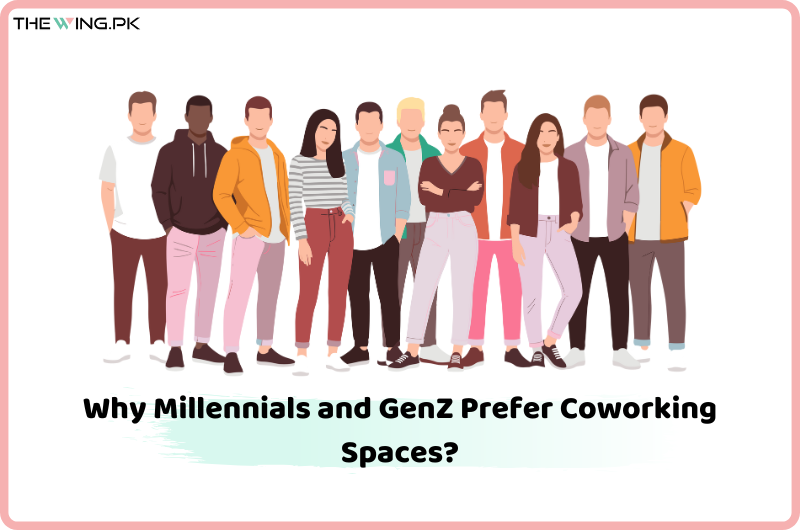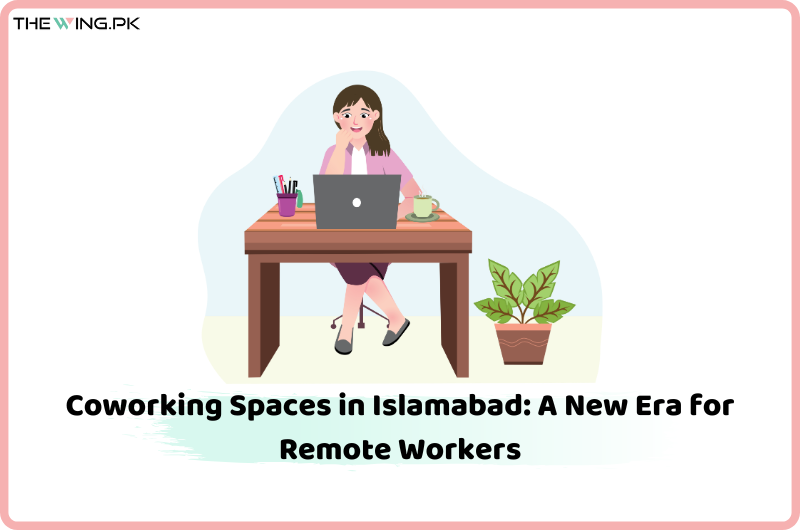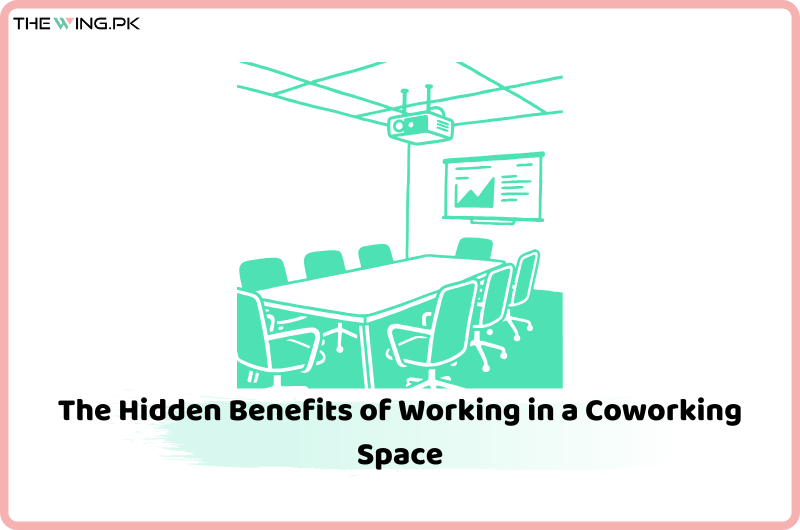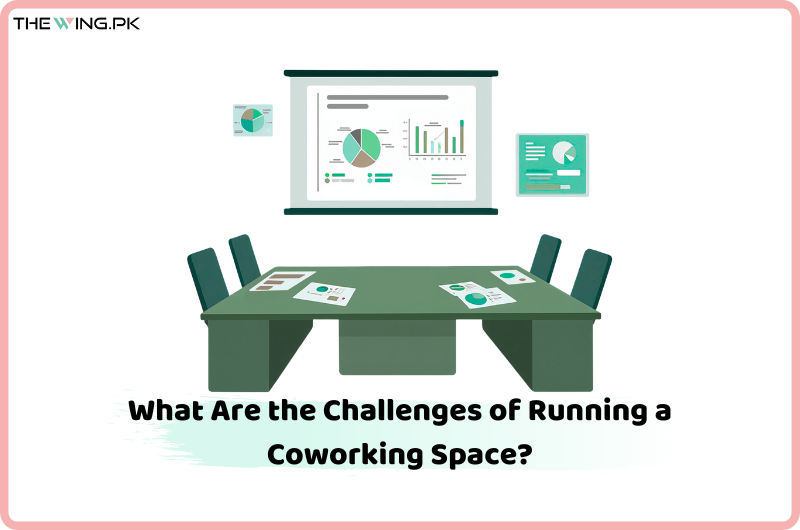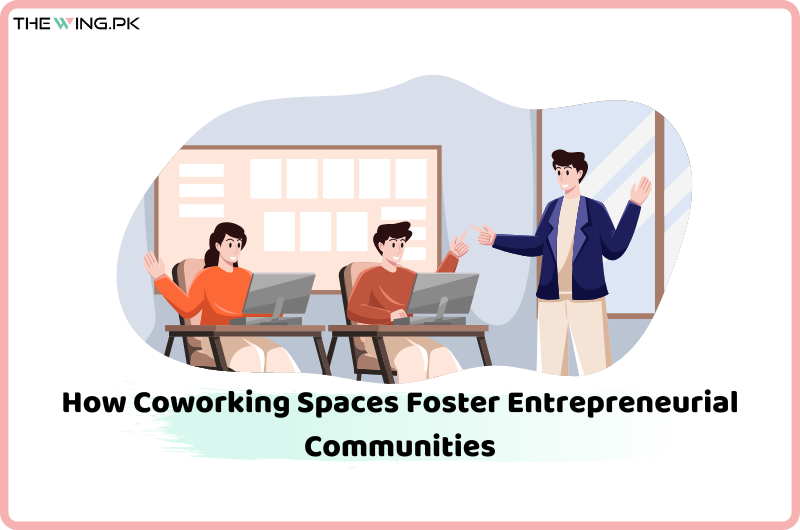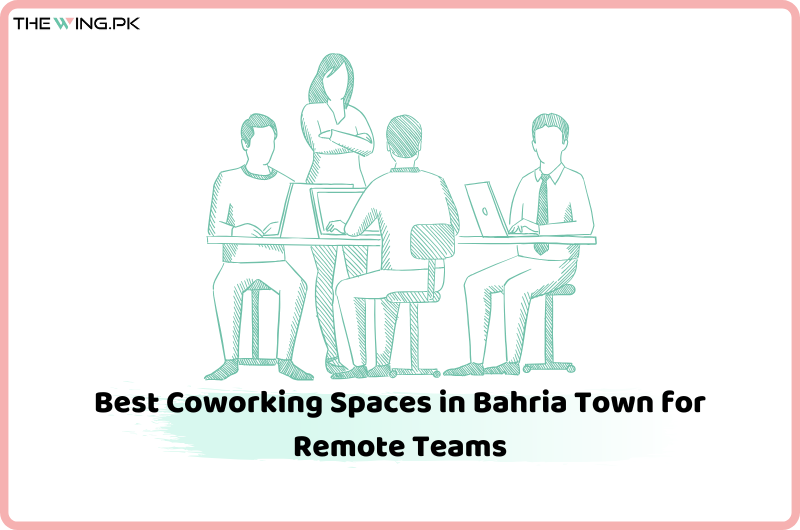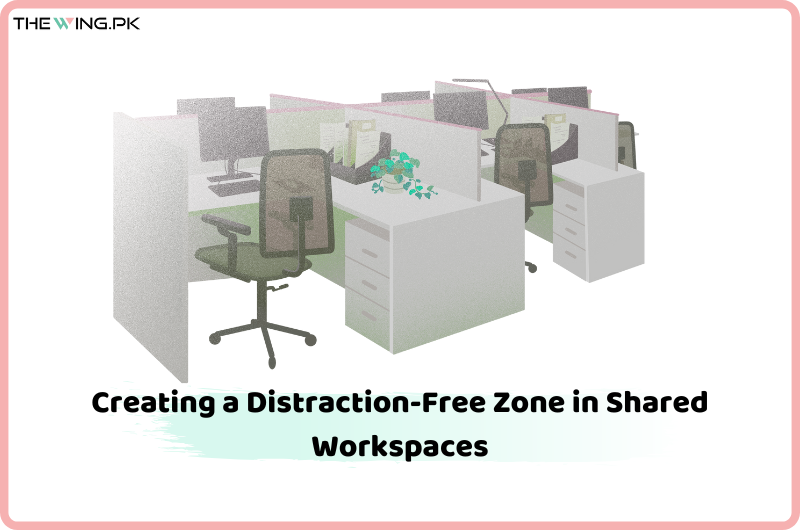How Coworking Spaces Foster Collaboration: A Comprehensive Guide
In a world where remote and hybrid work have fundamentally changed how people connect and collaborate, coworking spaces like Thewing.PK have emerged as vibrant environments that support creativity, community, and productivity. But what exactly makes these shared workspaces so effective at helping professionals connect and work together? In this blog, we’ll explore how coworking spaces foster collaboration, backed by research and real-world examples, and provide insights into why these environments continue to grow in popularity. Collaboration isn’t just a buzzword; it’s a measurable contributor to innovation, satisfaction, and professional growth. Whether you’re a freelancer, startup founder, corporate employee, or entrepreneur, understanding the dynamics of collaborative workspaces such as Thewing.PK can help you thrive in today’s evolving work landscape. The modern workplace is no longer confined to offices with assigned desks. Instead, people are increasingly turning to coworking environments like Thewing.PK, where professionals from different industries, backgrounds, and skill sets share space, ideas, and opportunities. At the heart of this shift is a key question: How coworking spaces foster collaboration? Collaboration is more than just working together — it’s about exchanging ideas, solving problems collectively, and accelerating growth. Coworking spaces such as Thewing.PK have reimagined how professionals interact by removing traditional office barriers and replacing them with community-centric design, shared resources, and intentional networking opportunities. In the sections that follow, we’ll unpack why collaboration matters, how coworking environments promote it, and what strategies you can use to make the most of these dynamic work settings. Click here to learn about the best coworking space in Islamabad! How Coworking Spaces Foster Collaboration — Explanation & Overview To understand how coworking spaces foster collaboration, we must first break down the elements that differentiate coworking spaces like Thewing.PK from traditional offices: 1. Open and Flexible Work Layouts Coworking spaces like Thewing.PK often feature open floor plans, communal tables, flexible seating zones, and breakout areas. Unlike private offices, these layouts naturally encourage movement, peer interactions, and spontaneous conversations. In traditional environments, employees may remain isolated at their desks, limiting opportunities for cross-communication. In contrast, open formats invite coworkers to pause, chat, or exchange insights more organically — a key driver of collaboration. 2. Diverse Professional Communities One of the biggest strengths of coworking spaces such as Thewing.PK is the diversity they bring together. Freelancers, designers, developers, marketers, authors, and business owners often work under one roof. This mix offers: Fresh perspectives Interdisciplinary problem-solving Informal mentoring opportunities When professionals from different industries coalesce, they bring unique expertise to the table, opening doors to collaboration that would be unlikely in homogenous office environments. 3. Shared Amenities and Resources Collaboration thrives when barriers are removed. Coworking spaces like Thewing.PK typically provide: Conference rooms High-speed Wi-Fi Event spaces Printing and media resources Kitchen and lounge areas These shared assets reduce logistical hurdles and make it easy for professionals to work together or host meetings without worrying about setup or tech limitations. 4. Community Events and Networking Programs Beyond physical space, coworking environments foster collaboration through events such as: Workshops and skill-sharing sessions Panel discussions Member meetups Social mixers These programs are offered by Thewing.PK are designed to help members connect intentionally, share knowledge, and identify opportunities to partner or co-create. 5. Culture of Reciprocity and Support Most coworking communities operate on principles of reciprocity; participants are encouraged to offer help, exchange ideas, and seek collaboration without competitive pressure. Rather than isolated silos, these spaces feel like innovation hubs where professionals cheer one another on, as seen at Thewing.PK. Importance of How Coworking Spaces Foster Collaboration Understanding how coworking spaces foster collaboration is important not only for those considering joining but also for employers, community planners, and business leaders. Let’s explore the key benefits collaboration brings in these environments: Boosts Innovation and Creativity When diverse professionals share ideas and skills, the likelihood of creative breakthroughs increases. According to multiple workplace studies, teams with varied backgrounds tend to solve problems more effectively than homogenous teams. Coworking spaces such as Thewing.PK, by design, bring diversity together, allowing ideas to cross-pollinate and fostering innovation that may not occur in traditional, segmented workplaces. Enhances Professional Growth For many, collaboration leads to: Mentorship opportunities Referrals and client introductions Access to new markets and skills As seasoned professionals share insights with newcomers, everyone benefits from accelerated learning and expanded networks at coworking hubs like Thewing.PK. Improves Well-Being and Engagement Human beings are social creatures. Even in digital workplaces, face-to-face interactions boost psychological engagement and satisfaction. Coworking spaces like Thewing.PK provide social touchpoints that help reduce isolation, improve morale, and reignite passion for work — especially for remote professionals who may otherwise feel disconnected. Encourages Cost-Effective Cooperation Shared spaces reduce expenses for individuals and startups by spreading costs for amenities, resources, and support services. With minimised financial risk, professionals are more willing to experiment, collaborate on projects, and pursue interdisciplinary ventures, reinforcing a cycle of mutual support and innovation. Key Ways Coworking Spaces Foster Collaboration in Practice Let’s break down the specific mechanisms that make coworking environments like Thewing.PK collaborative powerhouses. Intentional Space Design Physical space matters. Coworking facilities often include: Collaboration zones Idea boards and whiteboards Soft seating for casual interaction Transparent meeting rooms These design elements encourage movement, visual interaction, and informal communication, all of which enhance collaboration at Thewing.PK. Facilitated Social Events Coworking communities often host structured events designed to bring members together. These may include: Lunch-and-learn sessions Pitch nights Hackathons and innovation challenges Wellness groups By encouraging professionals to gather around shared interests, these events naturally spark collaboration and reinforce the sense of community at Thewing.PK. Networking Tools and Member Platforms Many coworking spaces use digital tools (member apps or online forums) to help members connect based on interests, skills, or project needs, making collaboration even more accessible. At Thewing.PK, members can leverage these tools to: Message and introduce themselves Discover skills and project matches Coordinate group sessions Track collaborative projects Collaboration Incentives and Programs Some coworking providers offer structured collaboration support through: Mentorship circles Startup accelerator programs Partner matching services Collaboration grants
How Coworking Spaces Foster Collaboration: A Comprehensive Guide Read More »


